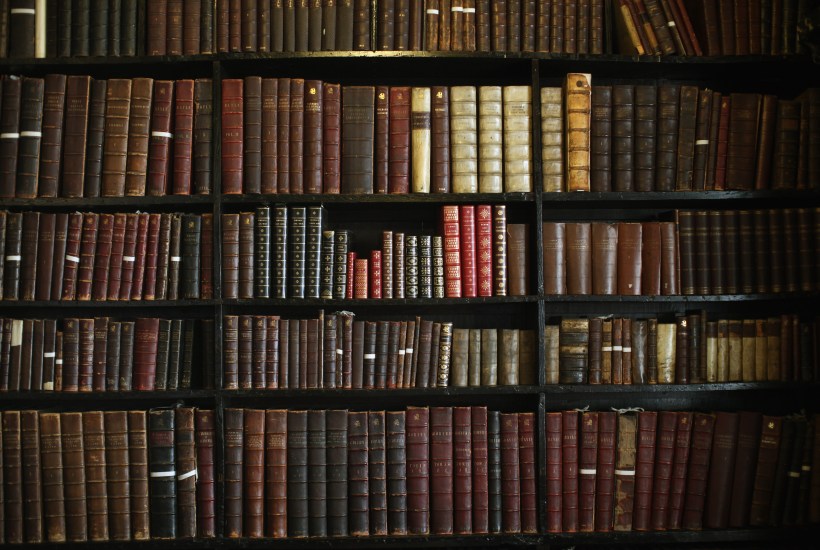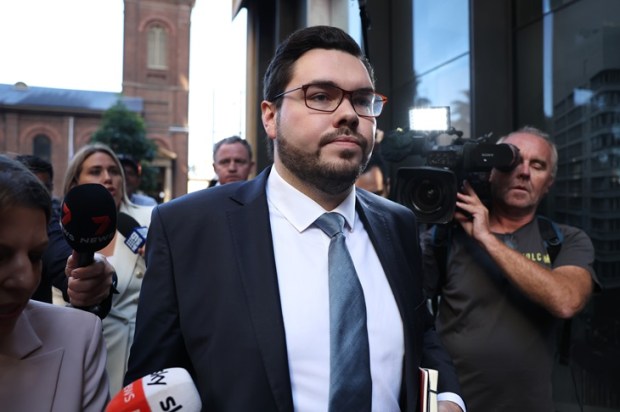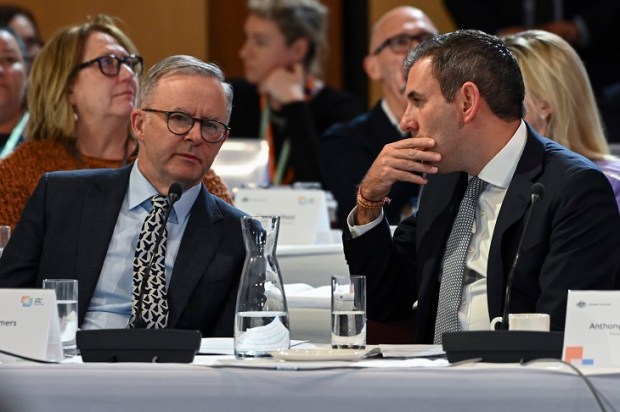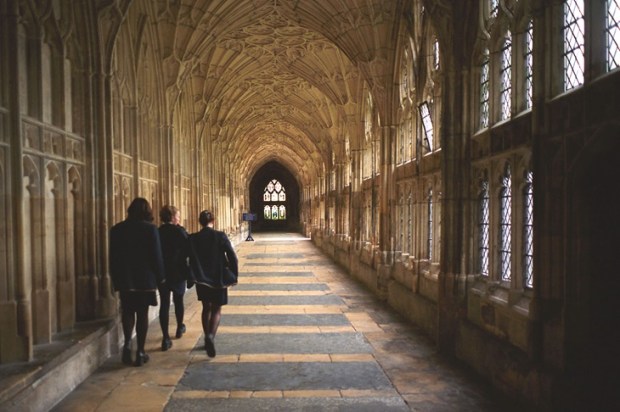This week, May 15, is the hundredth anniversary of my great-grandfather’s death.
Here’s another fun fact: I am now the same age as he was when he died. We were both born in July one hundred years apart.
I knew, and still know, very little about his life other than the ordinary recorded facts of the deaths of his wives and children, his church affiliations, his work and property ownership, and a few other snippets that I have extracted from newspapers from the early 20th century.
For some time I have had a plan to visit his grave site on May 15, but for what purpose other than to stand and look at a rectangular piece of concrete with a headstone and inscription, I have become unsure.
My original plan was sound. I wanted to stand at the foot of the grave to say a prayer of thanks for him and his second wife. Had he not married her after the early death of his first wife I would not have got a run.
And one hundred years seemed like a significant amount of time to commemorate him, especially as on May 16 I will have lived longer than he did.
Cancel Culture has made me think about a whole lot of things. How much longer will his grave remain? Another hundred years? No way. The pressure of housing and urban development has now become so great that cemeteries and burial sites are doomed.
It won’t be too many more years before legislation is enacted prohibiting burial. We will all be cremated and cast to the wind. Secular governments with atheist leaders will dig up and dispose of Christian burial sites.
My great grandfather’s life, from 1851 until 1923, was guided by the principles laid down by Wesleyan Methodism and living in a small town where everyone knew everyone.
Charles Wesley’s 5,000 or more hymns are the only remaining relic of that religion.
My great-grandfather had a sense of history. He wrote to the Mitchell Library custodians in Sydney offering them two of his father’s quarterly tickets. A quarterly ticket was an important part of the Methodist church’s embrace of its members.
To obtain a ticket one had to observe the stringent practices laid down including religious conduct and sober habits, and regular weekly attendance at chapel, among many others.
I have seen the tickets and read the accompanying letter which are housed in the Mitchell heritage collection.
Marxist cancel culture, however, has made me nervous. How long will such artifacts remain? Will they be turfed along with everything else that smacks of colonial history – after all if Methodism had not died a natural death it would have become a target.
I became concerned enough to contact the Mitchell Library about the quarterly tickets and was given an assurance of their value.
‘The items you reference are part of the Heritage Collection (original material in the Mitchell Collection) Tickets (2) of Membership of the Australasian Wesleyan-Methodist Church Issued to Joseph Stanton, March 1841 and September 1856, with Accompanying Letter from Joseph Stanton to the Mitchell Library, 7 May 1915, 1841.
‘The Heritage Collection – comprising the Mitchell and Dixson Collections, Rare Books, Special Collections, Legal Deposit, and Government Deposit – provides a unique perpetual and authoritative record of life in New South Wales.
‘There are few reasons for the withdrawal of heritage collections, for example the item is damaged beyond repair or the material is hazardous to the health and safety of staff or clients. The Heritage Collection will be retained in perpetuity.’
But is this enough? What will happen when the Woke social justice warriors turn their attention to the Mitchell collection? The ‘authoritative record of life in New South Wales’ will disappear. Hazardous to health and safety.
Edmund Burke argued that society is a contract and as such the state is above subordinate partnerships of trade or animal existence of a perishable nature. It is a partnership in every virtue and as the ends of such a partnership cannot be obtained in many generations it becomes a partnership not only between those who are living, but between those who are living, those who are dead, and those who are to be born.
So I have no choice. I must visit my great grandfather’s grave site — not to skite about living longer than he did — to demonstrate the importance of such sites to the history and culture that has made us what we are.
And to hold dear the connection between the living and the dead.
Got something to add? Join the discussion and comment below.
Get 10 issues for just $10
Subscribe to The Spectator Australia today for the next 10 magazine issues, plus full online access, for just $10.


























Comments
Don't miss out
Join the conversation with other Spectator Australia readers. Subscribe to leave a comment.
SUBSCRIBEAlready a subscriber? Log in